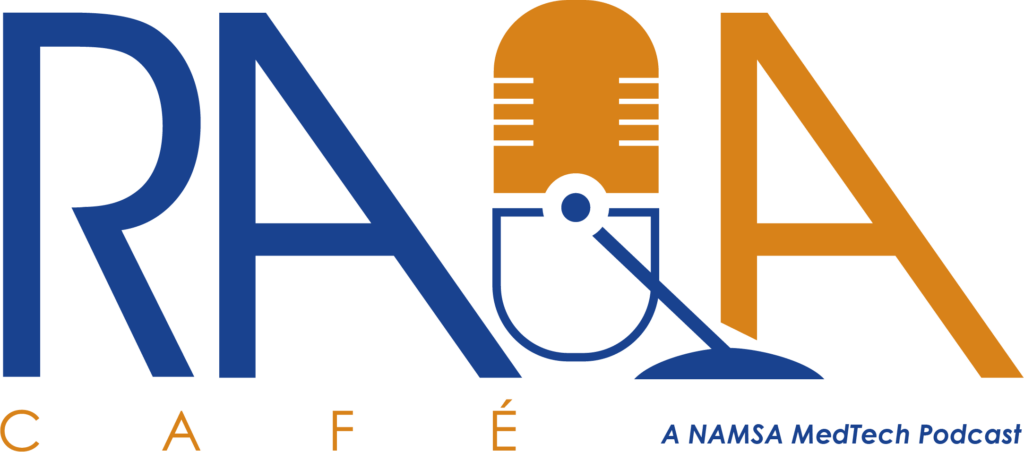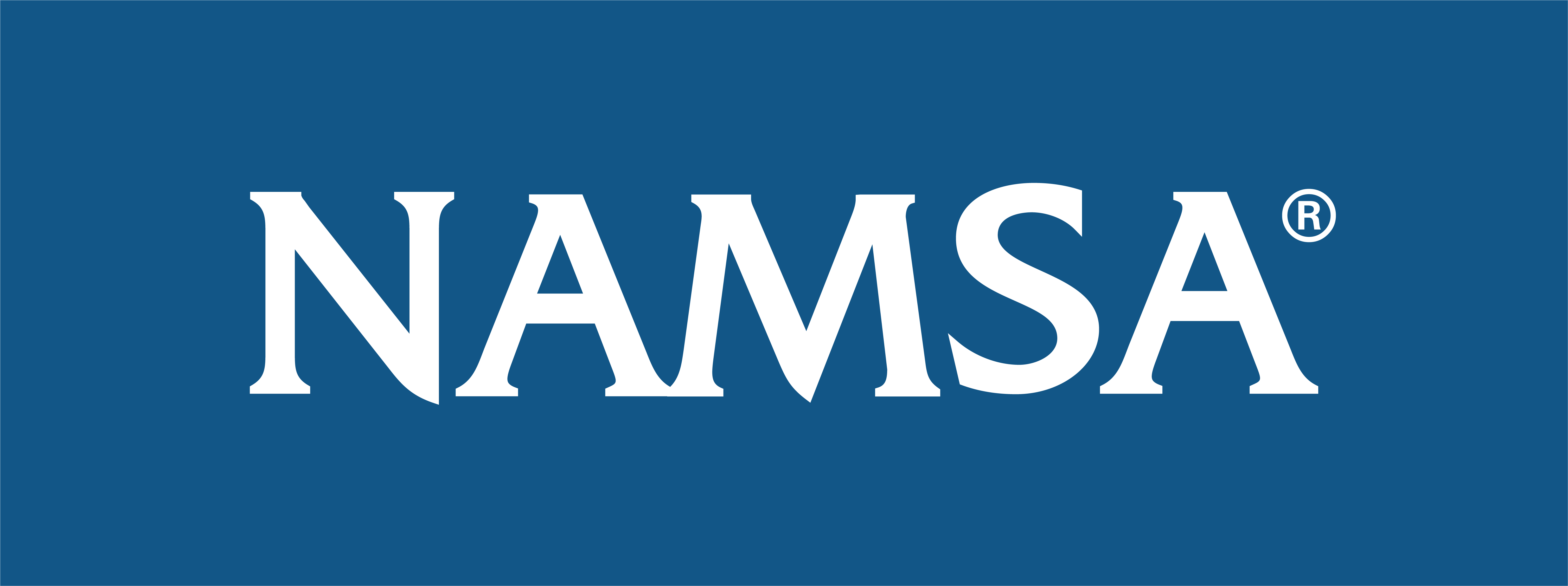
Clinical Investigations: Collecting Proof That Your Device is Safe and Effective
Clinical investigations play a crucial role in supporting regulatory submissions and must encompass the intended user and intended use environment. The U.S. Food and Drug Administration (FDA) refers to these pivotal studies as the definitive means of generating data that demonstrates the safety and effectiveness of a device for its intended use.
Join our hosts for the eighth installment of the NAMSA RAQA Café Podcast, where they sit down with Wendy Schroeder (NAMSA Principal Product Development Strategist–IVD, Clinical) to discuss valuable insights into clinical investigations and clinical evaluations, and examine the advantages and risks associated with participating in a clinical trial.
“When you are looking at an investigational product, investigational device you typically have to put that device into a clinical investigation where you use the device on human subjects and you demonstrate that it is safe and that it’s effective ” – Wendy Schroeder (Principal Product Development Strategist–IVD, Clinical)
Discussion topics include:
- Clinical evaluation
- Intricacies of clinical trials
- Benefits/risks of participating in a clinical study
- Respiratory season for clinical trials (flu and cold research season)
Helpful Links:
- NAMSA Webinar “Infectious Disease Diagnostic Devices: The Big Move”
- NAMSA/AdvaMed Webinar “Clinical Trial Site Budgeting – Risk Mitigation or Budget Control?”
- NAMSA Blog “Clinical Trial Cost Analysis with Site Budget Estimates”
*Please note that the opinions discussed throughout the podcast are their own and do not reflect that of their current or former employers.



